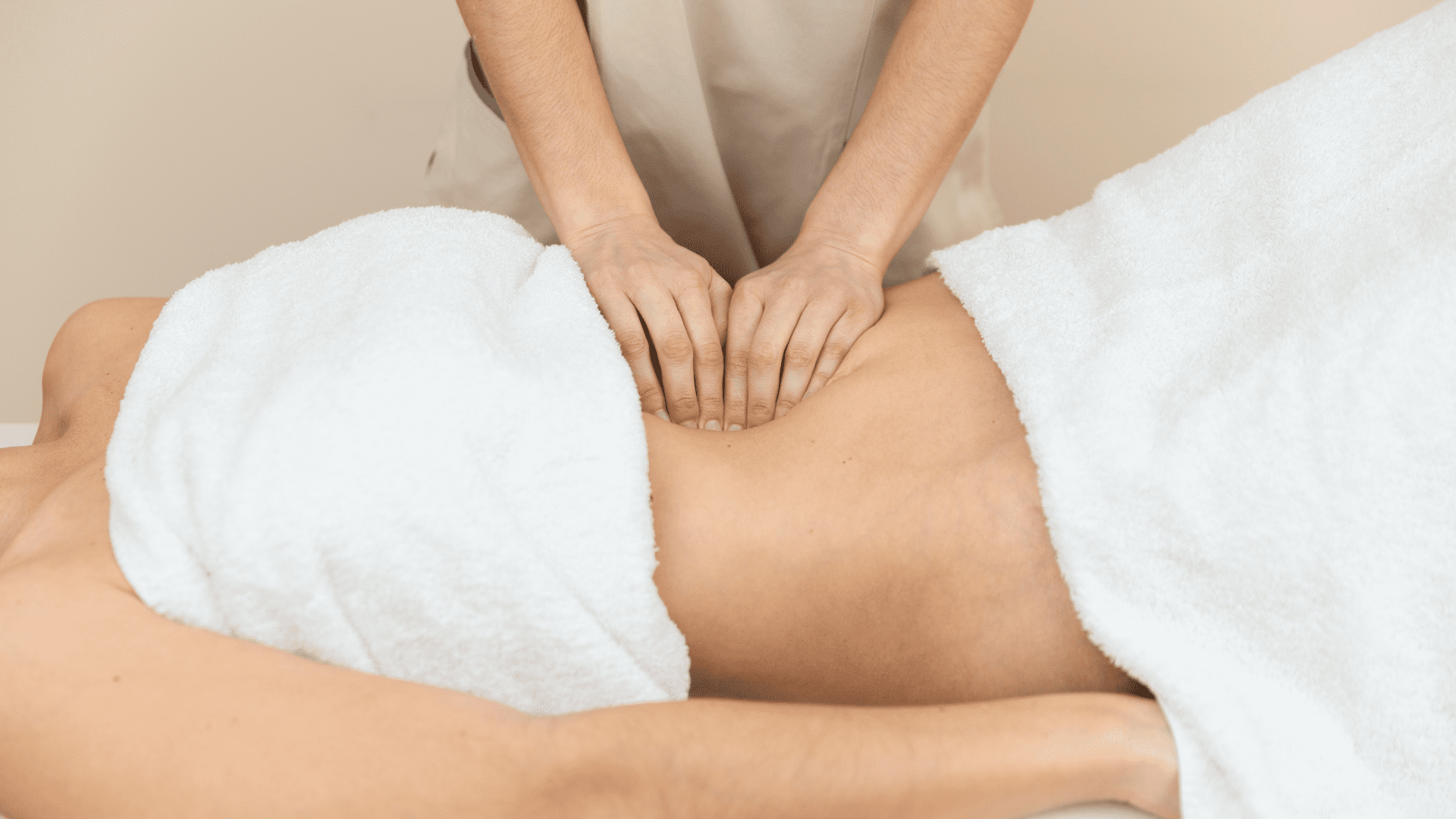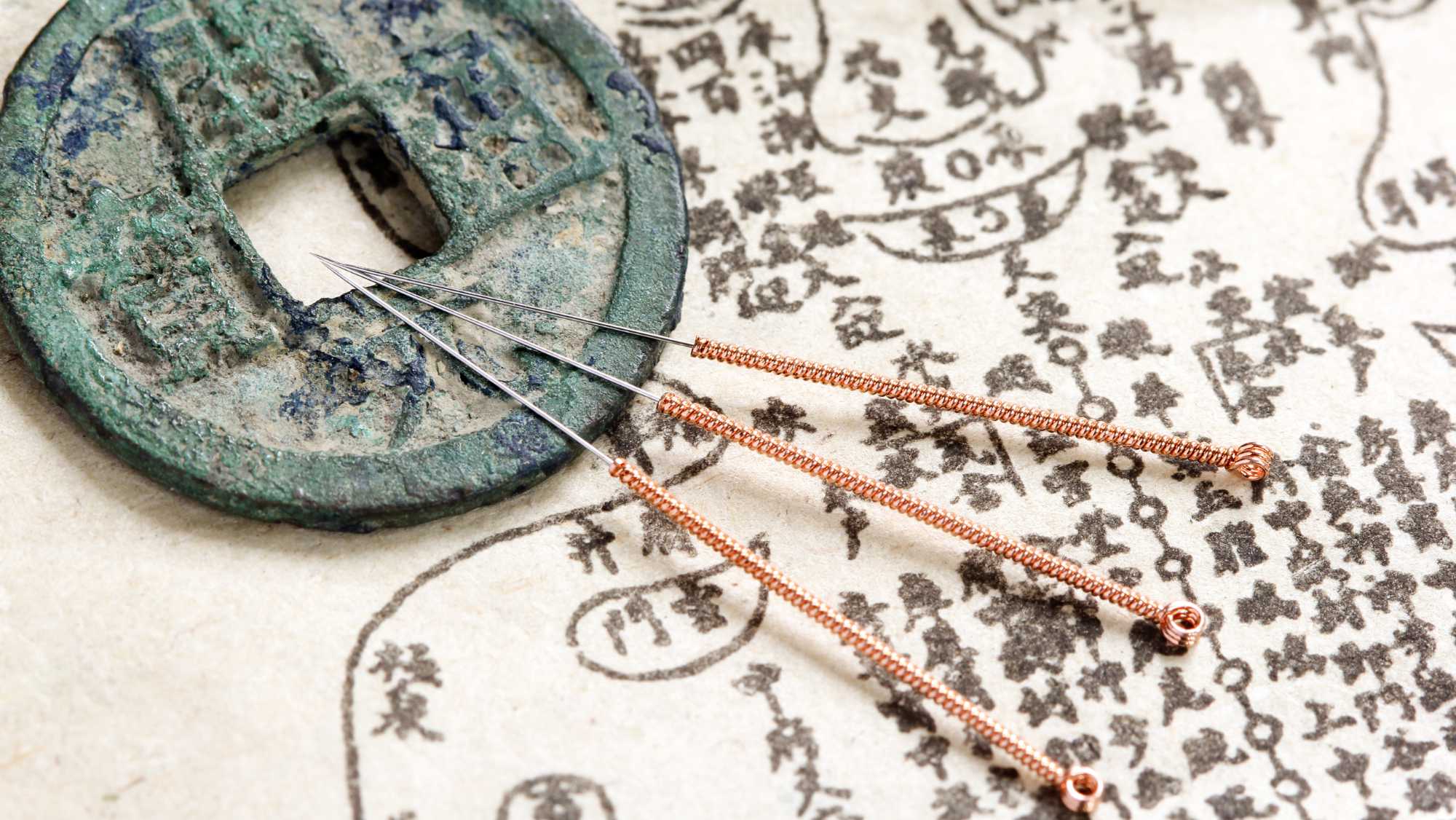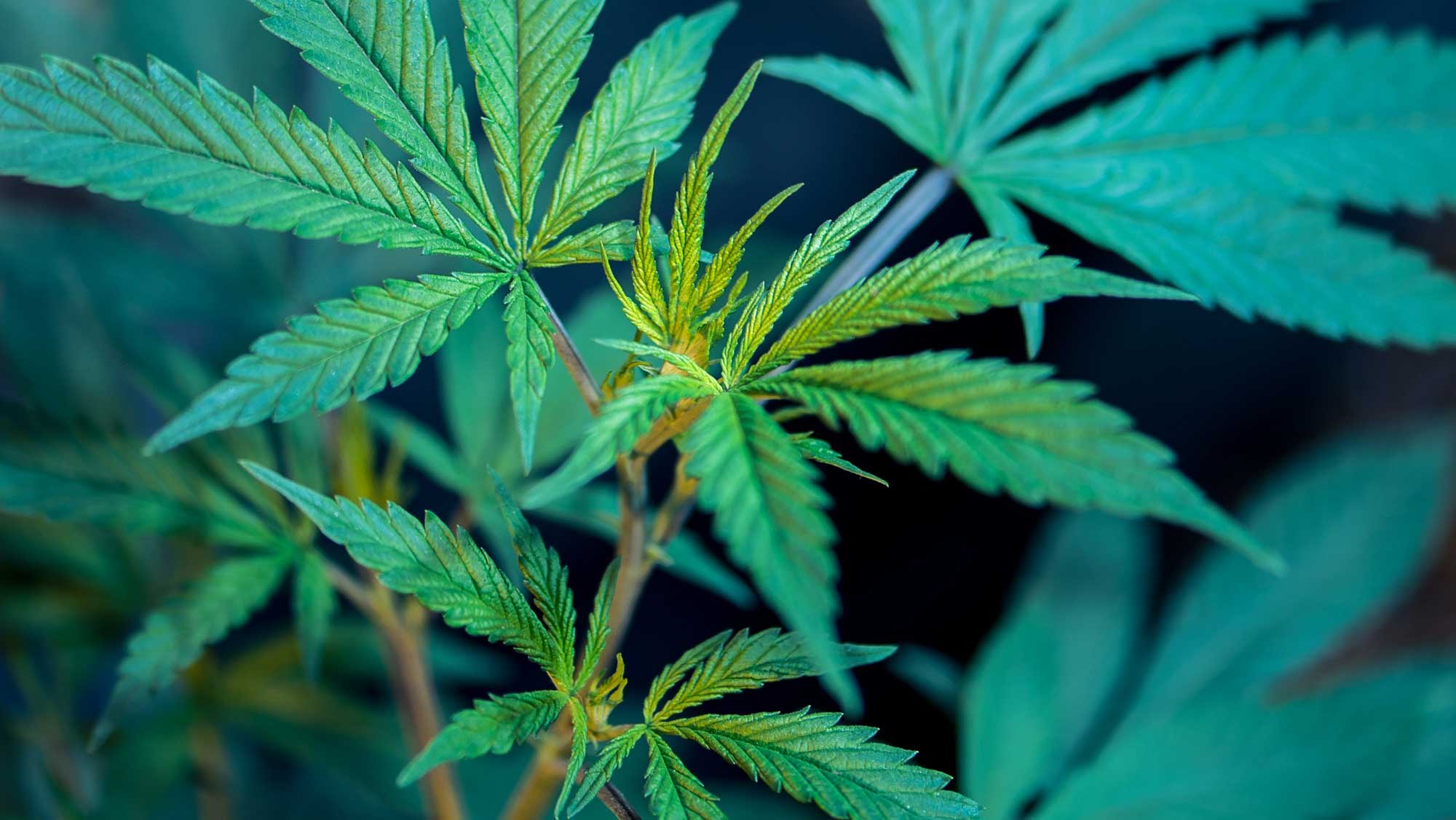Clients often ask about Chinese herbs vs. Western pharmaceuticals. One of the biggest differences between conventional Western pharmaceuticals and Chinese herbal medicine is that the Chinese herbal medicine tradition contains many herbs that help strengthen and boost the vitality of the body. These are called tonic herbs.
One of the major uses of tonic herbs is to strengthen the immune system.
Tonic herbs—the original dietary supplements
Tonic herbs are meant to be taken in small doses over long periods of time, to build up the body’s energy. In this way, they are more like a supplement to our diet. Dr. Stephen Chang, an herbalist in San Francisco, refers to these herbs as “forgotten foods.”
As Stephen Buhner, a well-known herbalist, reminds us, human beings used to eat about 200 species of plants over a given year, many of them herbs. Now we eat about 20 species. Our bodies are missing out on the supplementation given by the many phytonutrient structures, vitamins and minerals contained in those 180 extra species.
4 major Chinese tonic herbs for building immunity
A wide variety of tonic herbs is used to build immunity. I will mention 4 of my favorites here:
1) Reishi Mushroom (Ganoderma Lucidus)
Reishi is a medicinal mushroom, with long history of usage in Asia. Reishi falls under the category of an immune system modulator—when the immune functions are deficient, it strengthens them, and when they are excessive, in auto-immune problems like allergies, it decreases immune activity.
Reishi also is a prominent anti-stress herb, used to help calm the mind, relax tension, and calm the spirit in cases of insomnia and anxiety. Since stress is one of the major causes of immune depletion, Reishi mushroom is a helpful herb on two levels.
2) Astragalus Root (Radix Astragalus)
Astragalus is one of the most popular tonic herbs in Asia. Astragalus is considered to be the premier tonic herb for strengthening the “wei qi,” a Chinese medical concept that refers to a protective shield of energy circulating around the surface layers of our body. When this energy is weakened, we are more susceptible to disease.
Consistent use of astragalus over time helps the body to generate an abundance of “wei qi,” thus protecting the body’s initial defense system from outside attack. One of the most famous immune-building Chinese herbal formulas, Jade Windscreen Powder, uses astragalus as the main ingredient. This formula can also help with allergies.
3) Cordyceps Mushroom (Cordyceps)
When factors like stress, overwork and lack of sleep deplete our basic energy reserves, our immune system is left in a vulnerable position. Cordyceps is a major herb in the Chinese tonic herb system for replenishing the body’s basic energy reserves.
Cordyceps is specifically used to help boost the immune system, recover deep energy reserves after long-term illness, increase sexual energy and libido, and strengthen the respiratory system, especially in cases of chronic asthma.
4) Schizandra Berry (Fructus Schizandrae)
Ron Teaguarden, one of the experts on the usage of Chinese tonic herbs, considers Schizandra to be one of the premier adaptogenic herbs. Adaptogenic herbs help several systems of the body, notably the nervous and immune systems, adapt to stress while maintaining normal function.
Like Cordyceps, Schizandra is used to replenish the body’s basic energy reserves. As an anti-stress herb, Schizandra regulates the response of the nervous system to stress. It is also used to sharpen concentration, improve memory, and increase sexual energy. Last but not least, it is one of the major herbs for beautifying the skin and protecting it from sun and wind damage.
Building your immune system with Chinese herbs
At this point, you might be asking yourself how you can start building your own immunity with Chinese tonic herbs. The short answer is: Start taking them!
The herbs mentioned above are all mild, gentle, and safe in low dosages, so many people find the best way to use them is to just purchase them and discover which herbs and dosages work best for them. Your body knows what works for it, and what doesn’t.
Consulting a Chinese herbalist
However, if you would like specific guidance on which herbs are right for you, how to find high quality herbs (there is a lot of low quality stuff out there), and what dosages you should take, I recommend you consult a qualified practitioner of Chinese herbal medicine. He or she can assess your individual health condition and needs, and help you select the best herbs for your situation. This is especially important if you have a serious or chronic illness of any kind, or have a particularly weak or vulnerable immune system.
Enjoy the benefits
Whether on your own or with the help of a qualified herbalist, give yourself the time to discover the herbs that work for you. Sometimes it is more like a journey—it may take some experimentation to find out which herbs “resonate” with your system, and provide the benefits that you’re looking for. However, once you’ve found some herbs that really help you, it’s a great feeling, to borrow a term from shamanistic medicine, to have some “herbal allies” that you can rely on.
For more information about Chinese herbal medicine, please contact my Washington DC acupuncture office.







